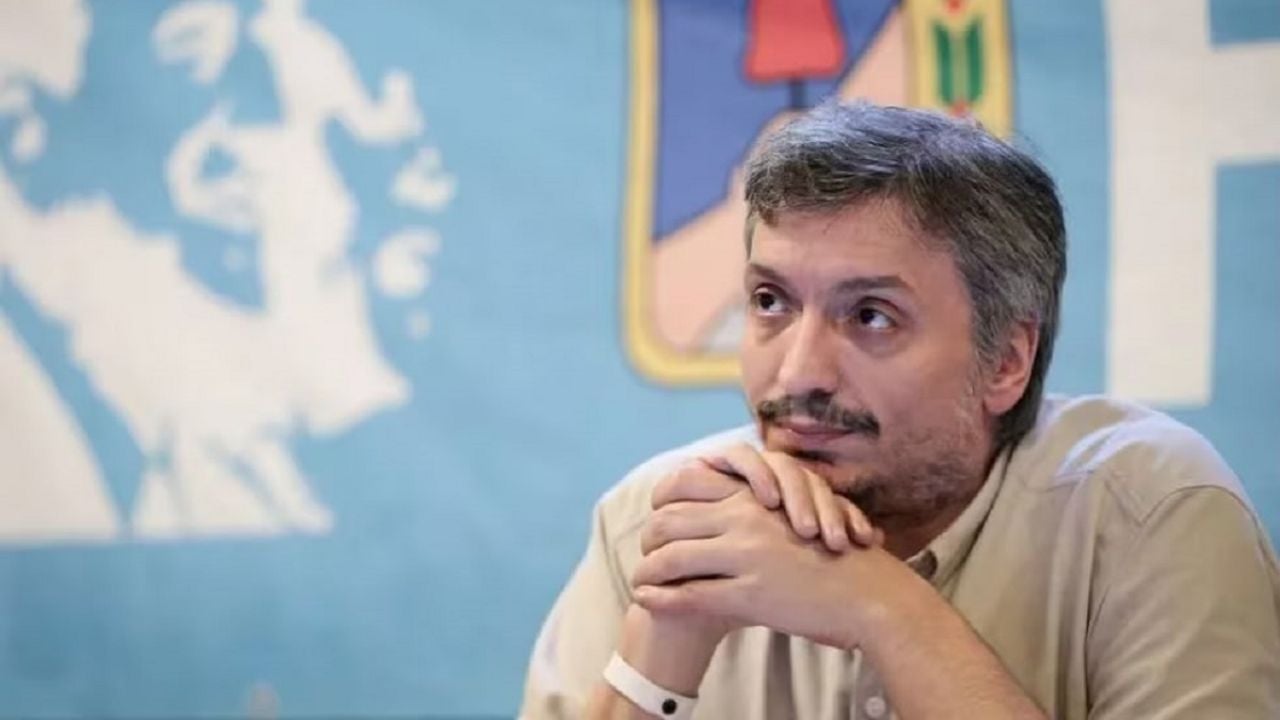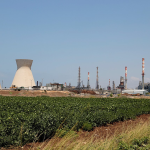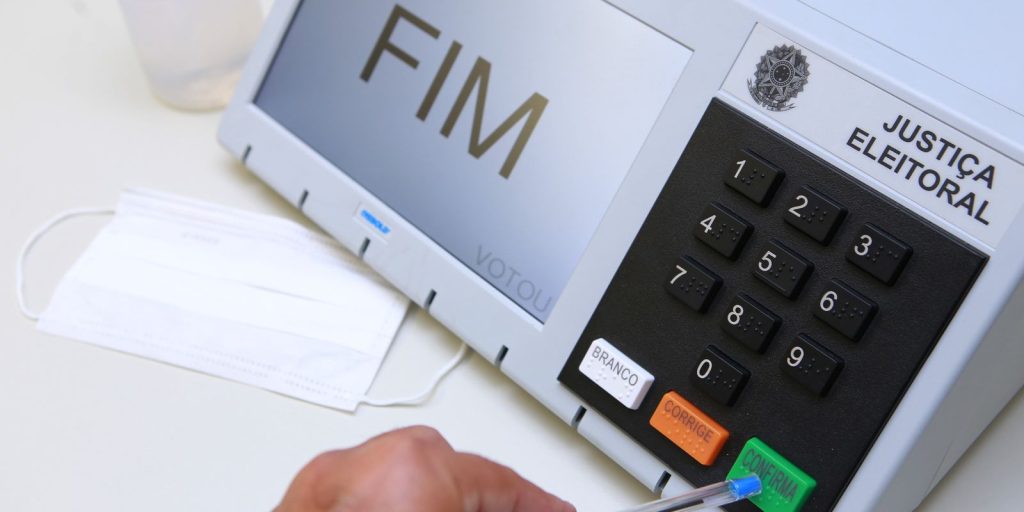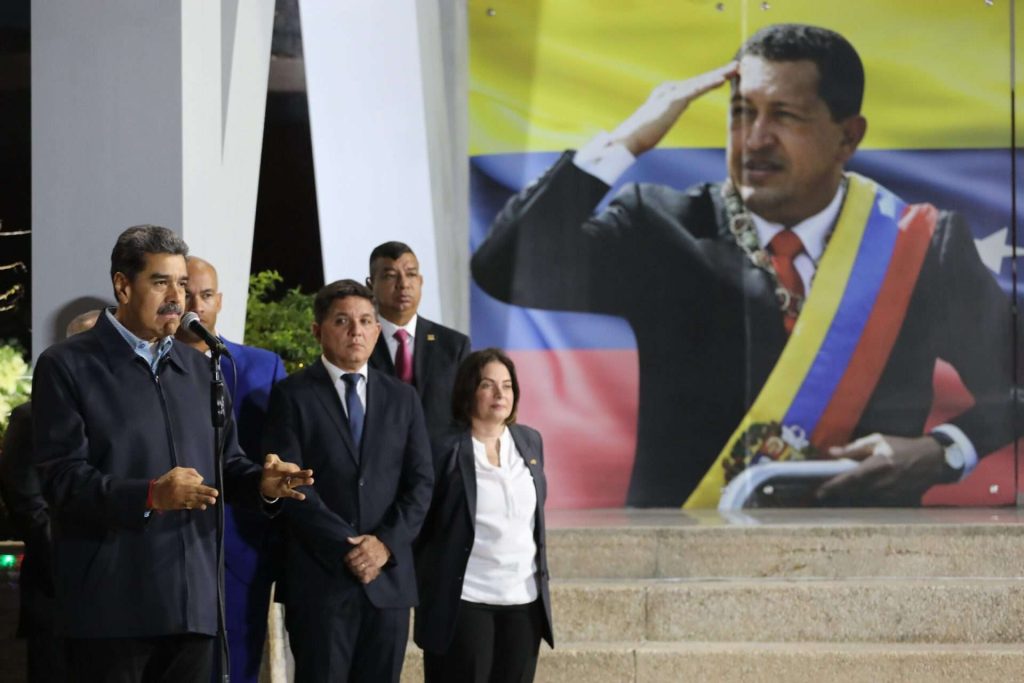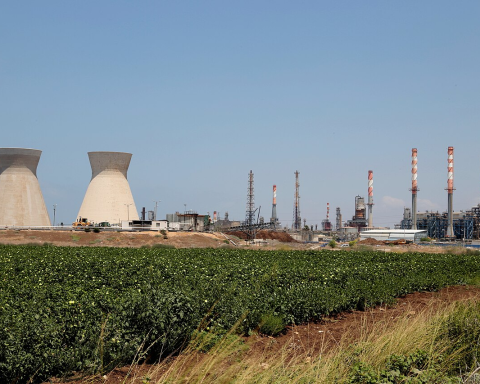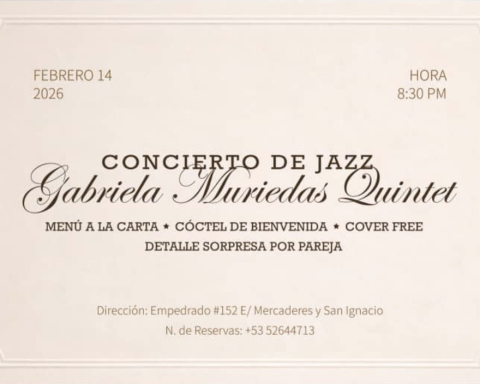The internal affairs of Argentine Peronism have reached a new level of tension with the recent statements of Maximo Kirchnerleader of La Cámpora, who suggested that the governor of Buenos Aires, Axel Kicillof, is supporting Ricardo Quintela in the race for the presidency of the Justicialista Party (PJ).
In an interview, Maximo Kirchner He expressed his dissatisfaction with Kicillof’s position and made it clear that this situation does not seem appropriate to him. Máximo Kirchner, son of former president Cristina Fernández de Kirchner, did not hesitate to point out that Kicillof is playing an ambiguous role within the PJ.
“Cristina had a huge weakness for him, what she does is not going to turn out well,” he said. Kirchnerreferring to Kicillof’s alleged collaboration with Quintela. These statements have generated a great stir within the party and have revealed the internal divisions that exist in Peronism.
The leader of La Cámpora also mentioned that Kicillof has not fulfilled certain agreements and promises he had previously made. “Someone who cannot decide between Quintela and Cristina forces me to reevaluate things,” Kirchner said, underscoring his discontent with the Buenos Aires governor’s lack of clarity and commitment..

According to Kirchner, this situation not only affects the unity of the party, but also puts the political strategy at risk for the next elections. For his part, Ricardo Quintela, governor of La Rioja and rival of Cristina Kirchner within the PJ, flatly denied the accusations of Maximo Kirchner.
In an interview, Quintela stated that no minister or mayor of Kicillof has worked to gather support in his favor. “Do not involve Axel in this, because he has absolutely nothing to do with it,” Quintela said, defending the Buenos Aires governor and denying any collaboration between them.

Strain
The tension between Maximo Kirchner and Axel Kicillof is not new. On several occasions, Kirchner has expressed his discontent with Kicillof’s management and has questioned his loyalty to Kirchnerism. However, these latest statements have taken the confrontation to a higher level, generating uncertainty about the future of the PJ and the unity of Peronism.
The political context in which these tensions develop is complex. The internal PJ has intensified in recent months, with various party leaders and factions seeking to consolidate their power and secure their influence ahead of the upcoming elections. The figure of Cristina Kirchner remains central to Peronism, and any movement that seems to challenge her leadership generates strong reactions and internal divisions.
follow us on Google News and on our channel instagramto continue enjoying the latest news and our best content.
